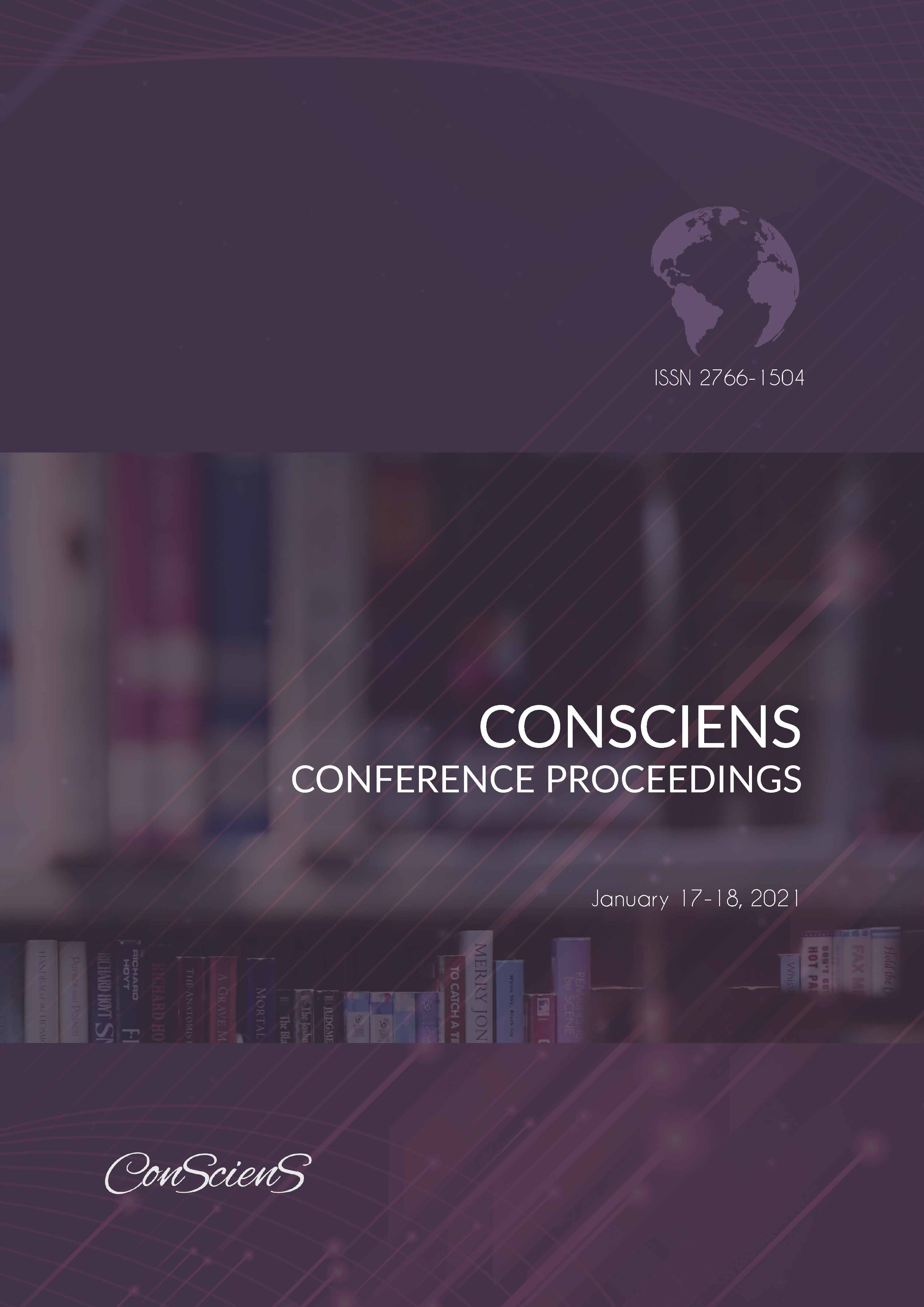Criminological Explanations of Psychological Trauma and the Criminogenic Process
Criminological Explanations of Psychological Trauma and the Criminogenic Process
Author(s): Gabriel Tănăsescu
Subject(s): Criminal Law, Criminology
Published by: Scientia Moralitas Research Institute
Keywords: psychic trauma; criminogenic process;
Summary/Abstract: This article describes the criminogenic process and the social implications of psychological trauma on the victim's behavior. Psychic trauma reflects the unique, devastating, painful experience that the victim is experiencing and cannot escape. Sometimes the consequences of childhood sexual abuse turn into mental trauma and can fundamentally change the victim's perception of social values, forming a devaluing perception of oneself. Out of the desire to get rid of the unbearable guilt complex, the victim who has become a young adult renounces his moral function and objectifies his will within the criminogenic process to satisfy the requirements of uncontrollable destructive impulses (destruction drive). An unusual process of transference takes place, the young adult, a victim of sexual abuse in childhood, discovers in his emotional memory a compulsive admiration for the will to power of the one who abused him. The aggressor is perceived by the traumatized in a distorted way, as an individual who will never know the suffering, because he uses violence and has absolute power over the victim. By passage to the act the victim who has become an aggressor tries to escape the trauma, he tries to get rid of the humiliation.
Book: ConScienS Conference Proceedings
- Page Range: 21-28
- Page Count: 8
- Publication Year: 2021
- Language: English
- Content File-PDF

